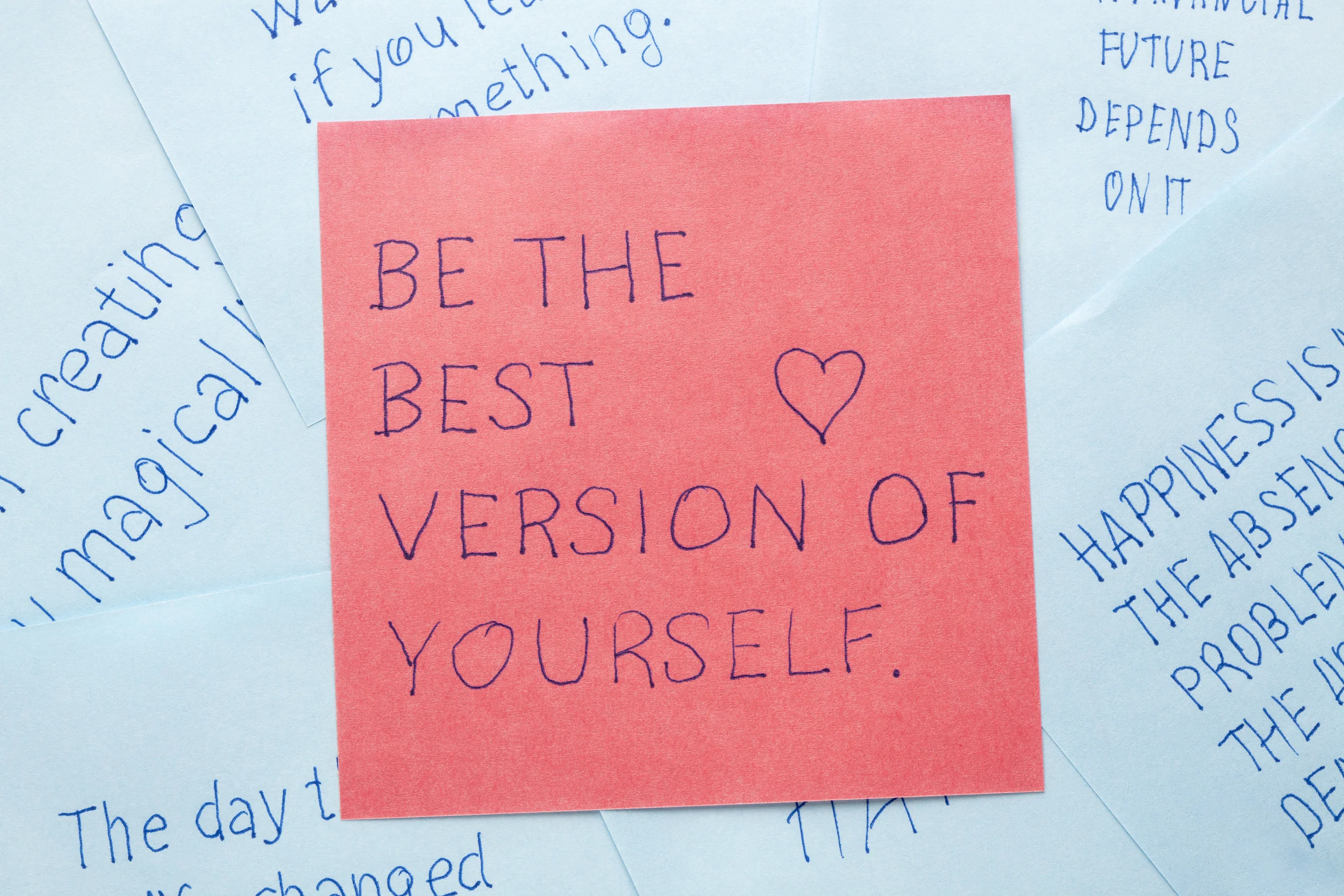Three times that being a vegan can actually save you money
At one point in time veganism was nothing more than a diet with a cult following. A lot has changed since then. Now, people all across the world are more aware than ever before about the benefits of embracing a diet that all at once promotes an end to animal suffering, environmental preservation, and a longer, healthier life.
But even as the diet’s popularity continues to increase, many cite the high cost of ethical eating as a reason not to. What was once just a simple dietary or lifestyle preference is now a mainstream marketable product - one that companies and manufacturers continue to capitalize on.
A vegan diet can certainly be expensive, but it does not have to be. In fact, here are three ways that going vegan can actually save you money.
Stick to homemade meals consisting of plant based whole foods
Swap restaurant hopping, prepared meals and processed meat alternatives such as soy, for meals at home that include a variety of whole, unrefined or very minimally refined plants; specifically vegetables, fruits, whole grains, legumes, and small amounts of healthy fat.
When you eat this way a significant portion of your breakfast, lunch and dinner are made of pantry food items. Things like whole grain pastas, oats, brown rice,, barley, flours, etc. can all be found in the most affordable section of your grocery store, fairly large quantities. Even your proteins are pantry foods. Quinoa, lentils, hemp seeds, kidney beans, black beans, and more - all high protein foods that can be prepared in a number of different ways. And they will cost you far less than any kind of animal protein sold at your grocer.
You can even find ways to save in the produce aisles. Buying items sold in bulk such as carrots, potatoes or onions, and sticking to seasonal and frozen produce are a couple of habits to get in to that will help you save on your next bill and over the long-term.
Get in the habit of making it last or repurposing food
For some of us, the money saved on pantry items gets spent, and often wasted, on produce. Not only is produce more expensive, but we tend to buy more of it. Knowing how much is too much when buying produce is difficult; somtimes we overbuy and it goes to waste, but in other instances it gets swallowed up in two days. Both scenarios lead to multiple trips to the grocery store and more money spent.
One idea you should consider to avoid overspending is to buy a combination of fresh and frozen produce. Frozen fruits work really well in smoothies and for baking, and frozen vegetables can easily be steamed or tossed into stir fry. Shopping this way is a great option, especially if you have predictable eating patterns or plan your meals before heading to the grocery store.
If you tend to waste produce, either from buying too much or waiting too long to eat it, know that you can always freeze fresh fruits and vegetables before they go bad. Just be sure to cut or chop it beforehand.
Another great cost saving option is to reuse what you would ordinarily toss in the garbage. Peels and rind from your fruits and veggies can be used to make flavored water. Vegetable scraps can be used to make soup. If you are so adventurous to make your own almond milk, the leftover pulp can be preserved and frozen for baking pie crusts or fruit crumbles. You can even save on store bought cleaning spray by adding left over citrus peels to white vinegar and distilled water.
Avoid substantial costs down the road
Whether eating this way costs you slightly less, the same as, or more than your current diet does, is for the most part irrelevant. Because the case for a plant based does not come down to saving pennies on the dollar, or your taste buds.
When it comes to the relationship between nutrition and chronic disease, evidence strongly suggests that a high protein, high fat meat and dairy diet is often overlooked as a contributing to increased risk of cardiovascular disease, cancer and several other chronic ailments. What’s more is that decades of research and clinical studies conducted show that plant based whole foods may not only prevent the onset of these diseases, but in some cases even treat and reverse them.
So even if you don't see a significant cost saving up front, consider the fact that adopting a plant based whole foods diet has the potential to save you tens of thousands of dollars or more in health care costs down the road.
Whether you save or spend more on one diet or another will ultimately depend on your individual habits. Either way, it does not change the fact that a vegan diet will provide you with more of the fruits, vegetables and whole grains that are widely regarded as being essential for good health.













